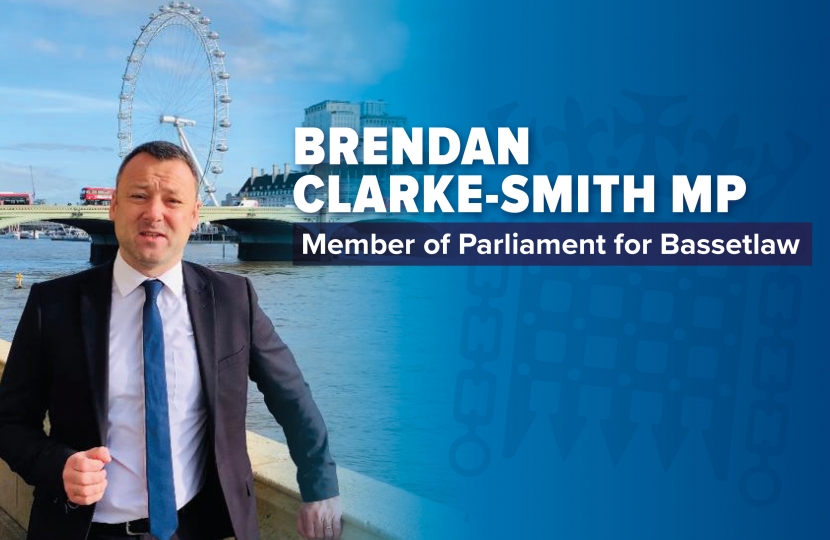
Some forecast that the economy will contract this year by 11.3 per cent – the largest fall in out put for more than 300 years.
Even with growth returning, the UK’s economic output is not expected to return to pre-crisis levels until the fourth quarter of 2022.
Despite the extraordinary support the government has provided, unemployment is expected to rise to a peak of 7.5 per cent (2.6 million people) in the second quarter of next year (although this is still lower than Italy, France, Spain, Canada and the United States).
The UK is expected to borrow a total of £394 billion this year – equivalent to 19 per cent of GDP, the highest level of borrowing in peacetime history.
Through the furlough scheme, support for the self-employed, loans, grants, tax cuts and tax deferrals, as well as extra funding for schools, local authorities, the NHS, charities, culture and sport, the government is ensuring it prioritises jobs, businesses and public services with £280 billion of support.
Nearly £3 billion will be spent on a new, three-year programme to help nearly one million people who have been unemployed for over a year, find work.
There is also the need to ensure fairness between the private and public sectors.
In the six months to September, private sector wages fell by nearly one per cent – but public sector wages rose by nearly four per cent over the same period.
Those in the private sector have lost jobs, been furloughed, and seen wages and hours cut, while those in the public sector have not.
The government is therefore targeting resources at those who need it most by providing a pay rise to more than a million nurses, doctors and others working in the NHS, protecting jobs by pausing pay rises in the rest of the public sector and guaranteeing a pay rise of at least £250 for the 2.1 million public sector workers who earn below the median UK wage of £24,000
The government also wants to do more for the lowest paid in society.
The National Living Wage will increase by 2.2 per cent to £8.91, also extending this rate to those aged 23 or over.
A full-time worker on the National Living Wage will see their pay rise by £345 next year, an effective increase of more than £4,000 since the policy was introduced in 2016.
I have written to the interim chairman of IPSA (the independent body regulating wages and expenses) asking that they freeze MPs pay.
This is (quite rightly) not something MPs have a vote on, or decide for themselves, and it should continue to be set independently.
That said, my personal opinion is that if others see their pay frozen then this should also apply to MPs too.
The government will also be cutting foreign aid spending from 0.7 per cent of UK GNI to 0.5 per cent.
However, Britain is not stepping back from its global role in the world.
Based on the latest OECD data, this would still make the UK the second most generous country in the G7.
